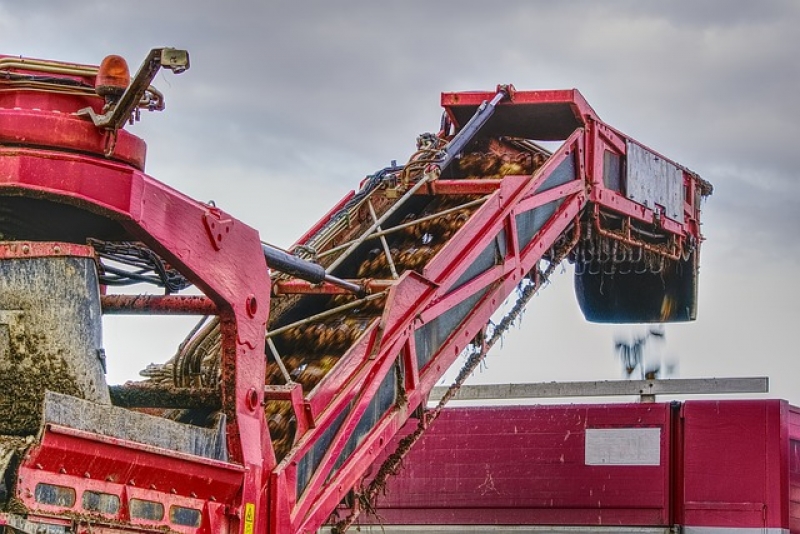PAN Europe's Reaction to International Confederation of European Beet Growers (CIBE)
The European Commission and 76% of EU Member States have decided to ban 3 highly bee-toxic neonicotinoid insecticides in spring 2018. After more than 20 years of emitting these chemicals in the environment, there was no more doubt on the toxicity of these pesticides on bees, bumble bees, butterflies and they were banned. The most intensive lobbying campaign against the ban did not come from the usual pro-pesticide lobby but from the sugar beet sector.
Sugar beet industry is a highly concentrated sector that is profitable thanks to a highly intensive highly polluting model of agriculture. Otherwise it could not compete against sugar cane. It leads to water eutrophication due to very important amounts of nitrogen fertilizer uses and to preventative uses of pesticides, in particular neonicotinoids. Therefore, the International Confederation of European Beet Growers (CIBE) has been lobbying heavily the European institutions in order to impede the ban on neonicotinoids. Furthermore, even though sugar beet is not producing nectar or pollen, CIBE managed this year to be a support of the EU Bee Week. Despite of their lack of expertise about bees, CIBE also managed to become a member of the EU Bee Partnership where their added value is questionable.
Romania has already provided to their farmers a derogation for the use of neonicotinoids on sugar beet as from March 2019. Belgian federal minister of agriculture already indicated several times his will to provide a derogation for Belgian sugar beet growers.
The trends in obesity and diabetes in the EU are worrying. One of the reasons for these diseases is an excessive consumption of refined sugar often starting very early in life. While in the past refined sugar was scarce and a source of pleasure, it turns to be today a source of poison and addiction that leads to dramatic human situations and enormous health costs for society. The EU is importing a great deal of the fruits and vegetables it consumes despite the fact our land and climate are perfectly suited for those healthy productions.
PAN Europe recommends decision-makers to promote a responsible way of farming: low input, bee-friendly and healthy productions, not poison please!
